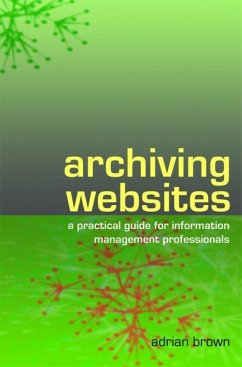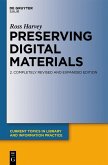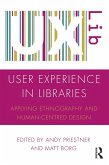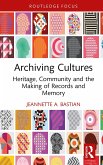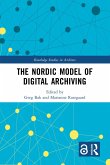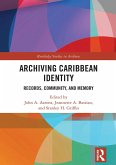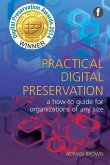The world wide web is arguably the most important, and certainly the largest and most ubiquitous, cultural and commercial information resource in existence. The requirements to actively preserve selected parts of it, and the attendant problems of archiving such a vast and ephemeral entity, are only now beginning to be fully appreciated. This important book is the first to offer practical guidance to information-management professionals seeking to implement web archiving programmes of their own. It is essential reading for those who need to collect and preserve specific elements of the web - from national domains or individual subject areas to an organization's own website. Drawing on the author's experience of managing The National Archives' web-archiving programme, together with lessons learned from other international initiatives, this book provides a comprehensive overview of current best practice, together with practical guidance for anyone seeking to establish a web-archiving programme. It assumes only a basic understanding of IT and web technologies, although it also offers much for more technically oriented readers. Contents include: the development of web archiving; selection; collection methods; quality assurance and cataloguing; preservation; delivery to users; legal issues; managing a web-archiving programme; and; future trends. Written to address audiences from the whole spectrum of information-management sectors, this book is essential reading for three types of reader: policy-makers, who need to make decisions about establishing or developing an institutional web archiving programme; information-management professionals, who may be required to implement a web-archiving programme; and website owners and webmasters, who may be required to facilitate archiving of their own websites.
Dieser Download kann aus rechtlichen Gründen nur mit Rechnungsadresse in A, D ausgeliefert werden.

